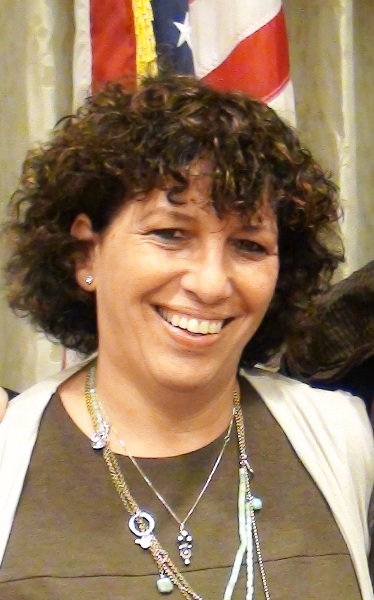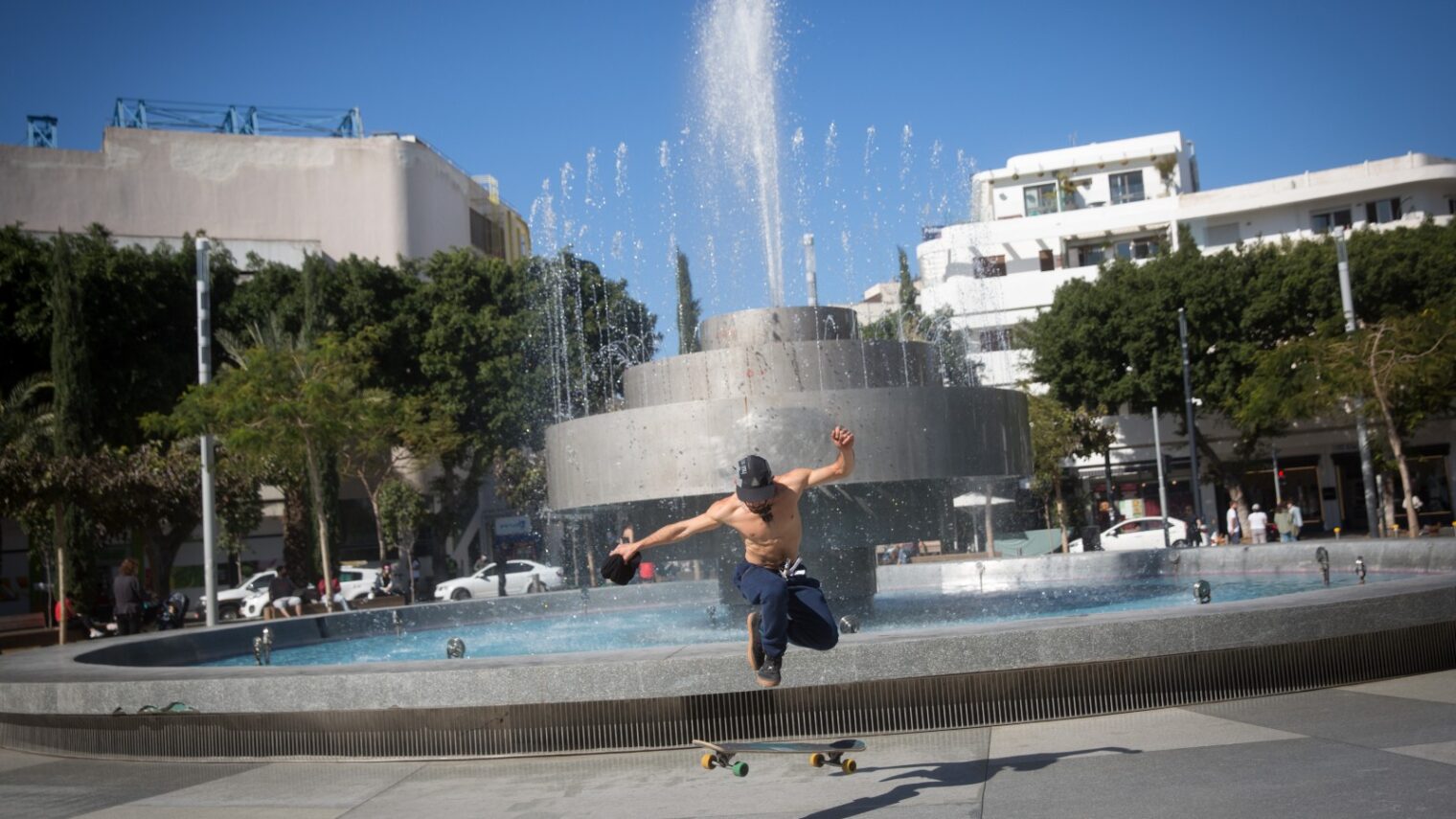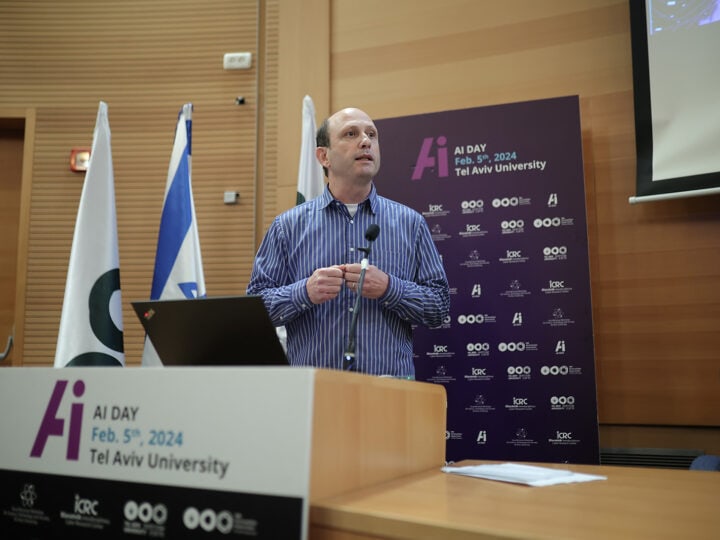The coronavirus entered our lives like a storm and upended it in all respects. The process of rehabilitation and recovery will be slow but rests on the same values that accompany us all the time: compassion, responsibility, family, community and hope.
As the CEO of the Israel Trauma Coalition (ITC), I am frequently asked when we will return to normal. I understand the temptation to think of “returning” to normal. It provides hope and comfort.

But is that the only source of hope and comfort? I don’t think so.
We have learned so much about ourselves, our families and our communities in the last year.
Many like to say that resilience is the ability to bounce back.
But I believe that it is the ability to bounce forward.
We have learned that it is also the ability to hold both our vulnerability and our strength and accept both. This “return to normal” will be just that — not a returning, but a moving forward, carrying with us newly acquired insights and behaviors.
The world has changed, but so have we. While we are vaccinated to be immune to Covid-19, we MUST NOT become immune to our understanding of our vulnerability and to accept it and we MUST NOT become immune to taking a proactive healing position.
There will not be an “all clear” call after which we will go back to our previous lives.
So much will have changed, so many challenges will await us. We will need to meet them face on, just like we did in the last year, relying on our ability to accept and yet strive to cope and move forward.
We understand that we all share this personal, communal and global challenge.
Healing ahead
Even as more and more people are being vaccinated daily, there will be much healing to do. From a psychosocial perspective, I can share a few insights about moving forward.
The ITC has been actively engaged for almost 20 years in emergencies – but more than that, engaged in building resilience and focusing on strengths.
Now, more than ever before, people will need to find their own resources and support, both internal and external, and find ways to be positive and proactive.
The way we coped and are coping will define us. Everything we do now as individuals, as professionals and as a community will define who we will be and how we will perceive ourselves.
Will this be a narrative of victimhood and helplessness or a story of coping and togetherness?
Thousands of people lost their loved ones, saying goodbye or not being able to, grieving alone in emotional and physical isolation.
Thousands of people lost their jobs and their financial security, thousands of caregivers have been working relentlessly in hospitals or in the community, coping with personal and professional challenges, exposed to intolerable levels of pain and stress.
This is some of the legacy that 2020 leaves us with.
A choice to be positive
In this new year, it will take a strong belief in healing, hope and responsibility for us to pave the way for a change for the better.
We have no choice but to take an active role in this movement.
We will take the choice of being positive, proactive, not living in fear, knowing that leadership is within each and every one of us – it is a choice to make.
We need to adopt a positive and optimistic approach, to preserve a message of hope and resilience, pave the way to heal ourselves and others around us.
The time to start thinking and planning is now.
We may not know what this new future may look like, but we do need to prepare for the challenges of a changing reality.
Understand that the way we respond and frame our reality makes a difference. We know we are in unknown territory but the process of healing and creating resilience cannot wait.
We all need to take responsibility to create this narrative of resilience. We have learned how fragile life is, for all of us. It is a reality we share.
The world is reshaping – we do not know what the new model will look like but we do know that we are in this together. Let us share a daily practice of resilience and compassion.
Tali Levanon is the Director of the Israel Trauma Coalition, which develops programs in the field of direct care, team training, emergency preparedness and building resilience. She is a clinical social worker who has traveled to many disasters around the world to offer humanitarian aid.
















